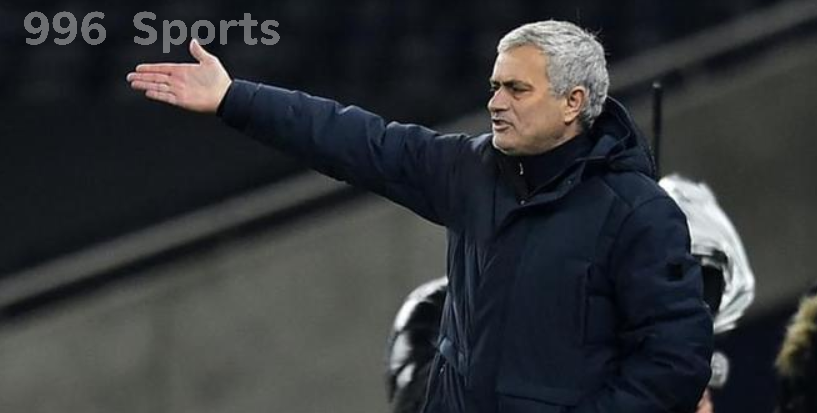The group stage adopts a new format, 29 teams have been confirmed, with 5 teams from the Bundesliga and Serie A

The third round of the Champions League qualifiers has concluded, setting the stage for the final playoff round. Out of the 36 teams that will compete in the group stage, 29 have already secured their spots, leaving 7 places up for grabs through the playoffs. Following these matches, the draw ceremony for the group stage will take place, signaling the imminent start of Europe's premier club competition.
Highlights from the Third Qualifying Round
The most anticipated fixture in the third qualifying round was Fenerbahce’s clash with Lille, led by José Mourinho. Lille, the sole representative from the traditional top five European leagues in the qualifiers, managed to secure a draw with Fenerbahce thanks to a controversial penalty in extra time. Mourinho expressed his frustration, questioning the legitimacy of the penalty decision.
Playoff Stage Details
The 10 winners from the third round will face off in 7 knockout matches against the 4 teams that automatically entered the playoff stage. The victors of these 7 matches will advance to the Champions League, while the losers will drop into the Europa League. Lille, facing Slavia Prague, remains one of the more prominent teams in this phase. Slavia Prague, who previously topped their Europa League group and defeated Mourinho’s Roma, will look to continue their impressive run.
Changes and Expansions
The Champions League now features 36 teams, up from 32, with Serie A and Bundesliga benefiting from an additional "reward" slot. Bologna and Dortmund, who finished fifth in their respective leagues, will join the elite competition. For Bologna, this marks only their second Champions League appearance, the first being 60 years ago.
Direct Qualifiers and Upcoming Draw
29 teams have already qualified directly for the group stage. These include notable clubs from the top leagues: Inter Milan, AC Milan, and Juventus from Serie A; Bayern Munich, Dortmund, and Leverkusen from the Bundesliga; Manchester City, Arsenal, and Liverpool from the Premier League; Real Madrid, Barcelona, and Atletico Madrid from La Liga; and Paris Saint-Germain and Monaco from Ligue 1. Additionally, strong teams from smaller leagues, such as Feyenoord, PSV Eindhoven, and Benfica, have also secured their spots.
The draw for the group stage will introduce significant changes due to the expansion. Instead of the traditional 6 matches against 3 opponents, each team will now play 8 matches against 8 different teams, with 4 home and 4 away games. Teams will be drawn from four different pots, with each team facing one opponent from each pot. The new format aims to balance the competition while avoiding fixtures between teams from the same country and limiting encounters with more than two teams from the same country.
New Format and Scheduling
The draw will be handled by computer to manage the complexity of ensuring fairness and adherence to the new rules, including the country and home/away balance. The results will be overseen by an accounting firm to ensure transparency.
The expanded group stage means that the final round of matches will be pushed to the end of January, affecting the winter breaks for major leagues. Notably, the Premier League’s brief winter break, which was introduced only four years ago, will be canceled.
The top eight teams from the group stage will automatically advance to the knockout rounds, while the 16 teams ranked 9th to 24th will compete in playoff matches to determine the final eight spots in the Round of 16.
